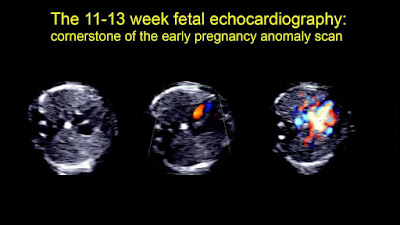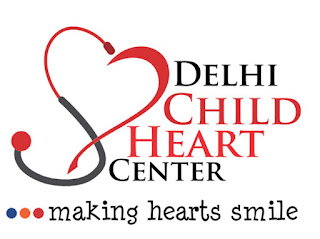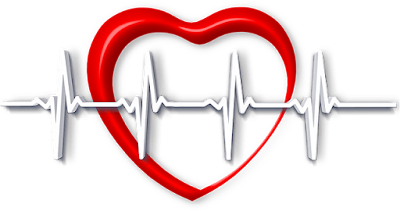Heart disease is a common problem in children, one in 100 kids born with heart disease or (heart defect). The screening can help to detect the heart disease, the most common birth defect in newborns. Survival of newborn with Child heart diseases depends on how to severe the defect and when it is diagnosed, and how it is treated.
About 97% of babies they are born with a non-critical congenital heart defect are expected to survive to 1 year of age. About 95% of babies born with a non-critical congenital heart defect are expected to survive to 18 years of age.
About 75% of babies born with a critical congenital heart defect are expected to survive to 1 year of age. About 69% of babies born with critical congenital heart defect are expected to survive to 18 years of age.
Survival and medical care for babies with critical congenital heart defect are improving. In 1950, about 20% of infants with critical congenital heart defect survived. The year of 2015, about 90% of infants with critical congenital heart defect survived.
People with congenital heart defect face a long-lasting risk of health problems. such as issues with
- Heart failure
- Growth and eating
- Developmental delays
- Heart rhythm problems
- Difficulty with exercise
- Sudden cardiac arrest or stroke






















